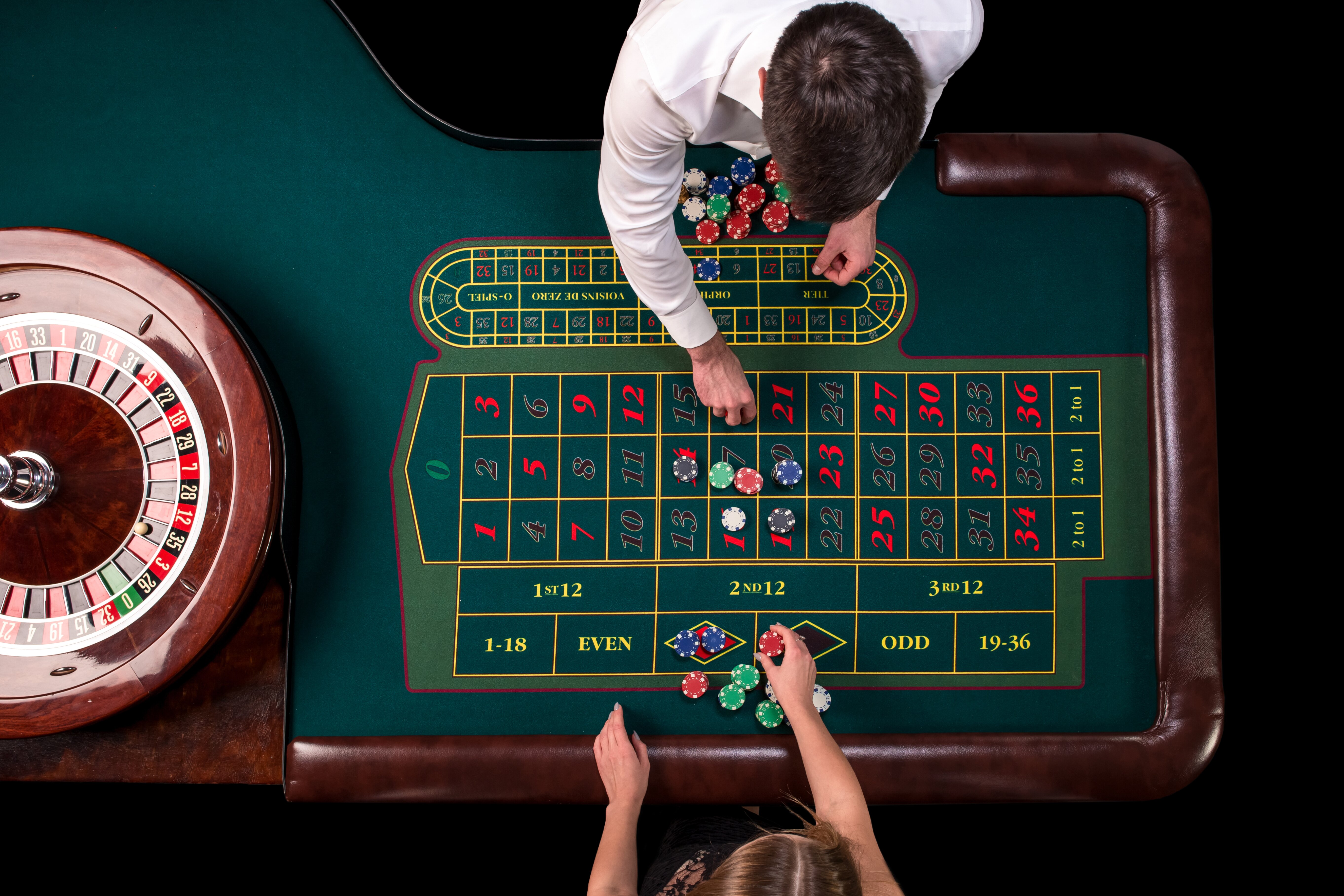Introduction to the Psychology of Speed and Rewards in Modern Games
Understanding player engagement in modern gaming requires a grasp of fundamental psychological concepts such as motivation, anticipation, and reinforcement. Motivation drives players to continue engaging, anticipation sustains their interest through expectation, and reinforcement reinforces behaviors through rewards.
Speed and rewards are critical tools in game design, effectively harnessed to capture and maintain player attention. Rapid gameplay delivers excitement and immediacy, while rewards provide gratifying milestones that motivate continued play. Modern game developers strategically leverage these psychological principles to create compelling experiences.
This article explores how concepts like speed and rewards influence player psychology, illustrating their application through examples like Aviamasters, a contemporary game that exemplifies these principles in action.
Contents
- The Psychological Impact of Speed in Gaming
- Rewards as Reinforcers: Building Player Loyalty and Engagement
- The Balance Between Speed and Rewards
- Modern Game Mechanics and Their Psychological Underpinnings
- Case Study: Aviamasters
- Ethical Considerations in Designing Speed and Rewards Systems
- Non-Obvious Factors Influencing Player Psychology
- Future Trends in Game Design
- Conclusion
The Psychological Impact of Speed in Gaming
Speed in gameplay significantly influences player excitement and immersion. Rapid interactions activate the brain’s reward pathways, creating a sense of immediacy that keeps players engaged. When a game responds quickly to player actions, it fosters a feeling of control and mastery, which enhances overall enjoyment.
Research indicates that quick feedback loops—where players receive immediate responses to their actions—trigger dopamine release, the neurotransmitter associated with pleasure and reinforcement. This biochemical response reinforces behaviors, encouraging players to repeat successful actions and prolong their engagement.
For instance, many popular games incorporate speed mechanics such as fast-paced action sequences, rapid respawning, or time-limited challenges. Aviamasters exemplifies this through its swift gameplay cycles, where rapid decision-making and quick outcomes heighten adrenaline and immersion. Such mechanics are rooted in the understanding that faster gameplay correlates with increased emotional arousal, making the experience more memorable and motivating players to return.
Rewards as Reinforcers: Building Player Loyalty and Engagement
Rewards serve as powerful reinforcement tools, shaping player behavior and fostering loyalty. They can be categorized into immediate rewards—such as instant points or bonuses—and delayed rewards, like unlocking new levels or earning long-term achievements.
The psychology behind reward anticipation relies on the concept of expectancy theory. Players derive satisfaction from the anticipation of future rewards, which sustains motivation even during challenging segments. When rewards are perceived as attainable and meaningful, players are more likely to invest time and effort into the game.
Furthermore, the frequency and magnitude of rewards influence behavior significantly. Frequent small rewards can create a pattern of positive reinforcement, while larger, less frequent rewards generate excitement and a sense of accomplishment. Striking the right balance ensures sustained engagement without overwhelming or underwhelming players.
The Balance Between Speed and Rewards: Avoiding Frustration and Boredom
While speed and rewards are effective, excessive acceleration or overly generous rewards can lead to fatigue or burnout. Players may become desensitized or feel overwhelmed, diminishing the game’s long-term appeal. Similarly, unpredictable or inconsistent reward systems may cause frustration if players perceive them as unfair or manipulative.
To maintain interest, game designers employ strategies like pacing variation—alternating between high-speed segments and moments of respite—and adaptive difficulty that adjusts to player skill levels. These approaches prevent fatigue and keep the experience fresh.
Incorporating variability and unpredictability in reward systems—such as randomized multipliers or surprise bonuses—can boost engagement by tapping into the psychological thrill of the unknown. This mirrors the principles seen in slot machines, where unpredictability sustains player interest.
Modern Game Mechanics and Their Psychological Underpinnings
Mechanics like multiplier systems amplify perceived rewards, encouraging players to aim for higher scores or payouts. These systems leverage the human tendency to seek incremental gains, creating layered motivation.
Transparency in Return to Player (RTP) percentages fosters trust. When players understand their chances and the fairness of payout systems, they are more likely to continue playing responsibly and confidently.
Handling malfunctions or system errors transparently is crucial, as perceived unfairness can damage trust. For example, if a payout glitch occurs, promptly communicating and rectifying the issue helps maintain players’ sense of fairness and integrity of the game environment.
Case Study: Aviamasters – An Illustration of Speed and Rewards
Aviamasters exemplifies modern game design by integrating rapid gameplay with a structured reward system. Its rules promote quick decision-making and swift outcomes, keeping players engaged and adrenaline high.
The game employs a reward structure featuring multipliers that increase payouts based on performance streaks. This creates a dynamic environment where players are motivated to improve their skills, aiming for higher multipliers and larger payouts. For deeper insights, many players discuss strategies and share feedback on platforms such as aivamasters youtube comments.
Ethical Considerations in Designing Speed and Rewards Systems
Designers must avoid manipulative practices that exploit psychological vulnerabilities, such as creating compulsive loops or misleading reward cues. Transparency and fairness are essential for building long-term trust and ensuring players do not develop problem gambling behaviors.
Implementing responsible gaming measures—like setting time or spending limits—can help protect players while maintaining engagement. Ethical design balances excitement with accountability, fostering a sustainable gaming environment.
Non-Obvious Factors Influencing Player Psychology in Modern Games
Visual and auditory cues significantly influence perceived speed and reward value. For instance, vibrant colors and satisfying sound effects enhance the sensation of quickness and success. These sensory elements are carefully crafted to evoke positive emotional responses.
Social proof—such as leaderboards and multiplayer features—can heighten motivation through competitive instincts. Players are often driven by the desire to outperform peers, amplifying engagement.
The overall game environment and user interface design also shape psychological responses. Intuitive controls, clear feedback, and aesthetically pleasing layouts reduce frustration and encourage longer play sessions.
Future Trends: Evolving Psychological Strategies in Game Design
Personalization and adaptive pacing—where the game adjusts speed and reward frequency based on player behavior—are becoming standard. These techniques optimize engagement and reduce dropout rates.
Emerging technologies like virtual reality (VR) and artificial intelligence (AI) enable dynamic modulation of speed and rewards, creating more immersive and responsive experiences. However, increased sophistication also raises concerns about potential overuse or manipulation, emphasizing the need for ethical safeguards.
Conclusion
In summary, the psychological effects of speed and rewards are central to modern game design. They influence excitement, motivation, and loyalty, provided they are balanced carefully. Developers must understand these principles to craft engaging yet fair experiences.
As exemplified by games like Aviamasters, integrating rapid mechanics with strategic reward systems enhances player engagement. Nonetheless, ethical considerations remain paramount to ensure responsible gaming and long-term trust.
“Effective game design harmonizes psychological principles with ethical practices, creating experiences that are both captivating and responsible.”
Understanding these underlying psychological factors enables developers to innovate responsibly, ensuring that the pursuit of engagement does not come at the expense of player well-being.




Recent Comments